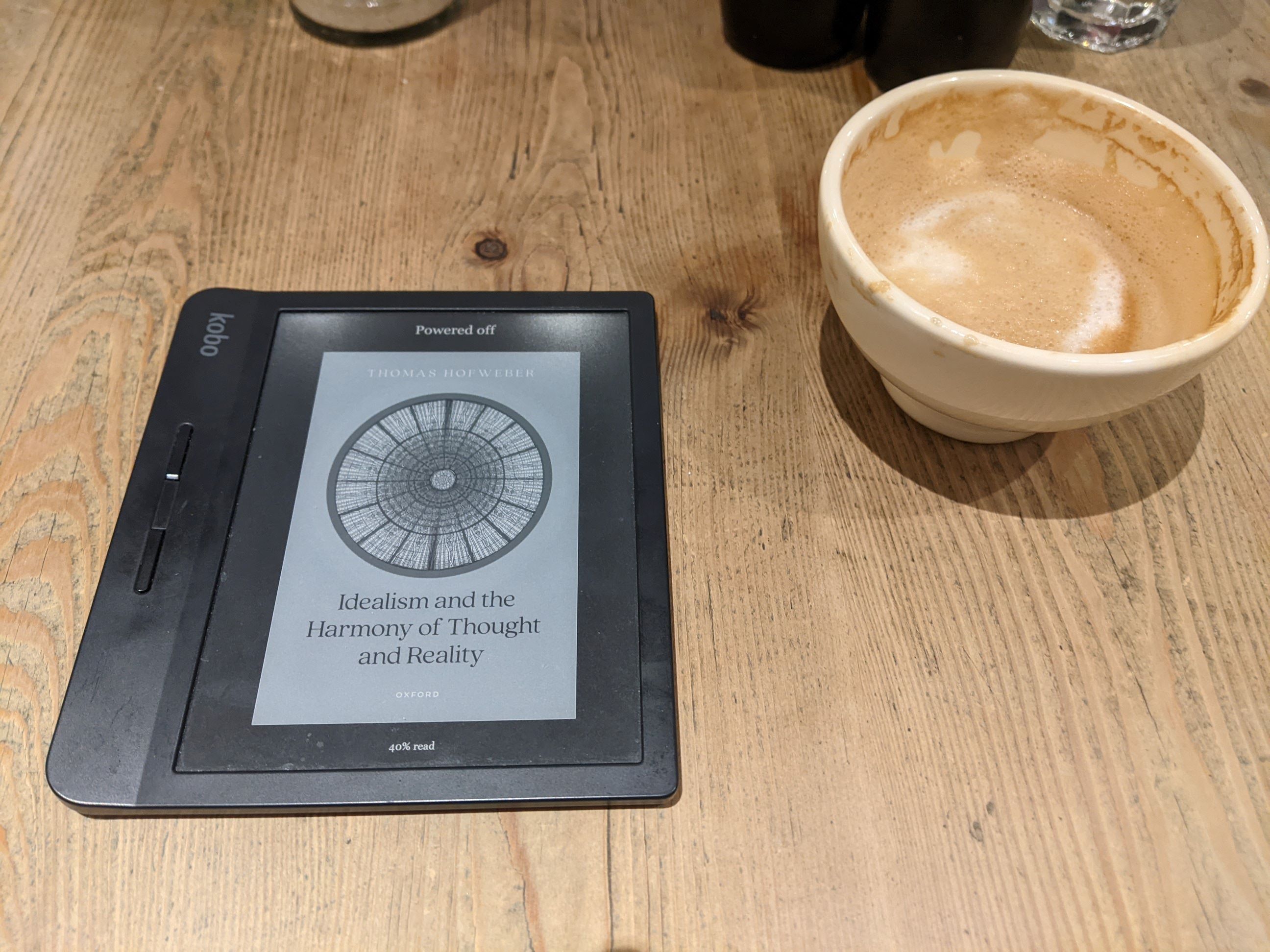Idealism is Back, Baby!
 Hofweber (2023) has recently published an interesting work of metaphysics. Hofweber defends idealism, a view that does not get much discussion nowadays. His version of idealism is conceptual idealism, the view that the world — as the totality of facts — depends on our cognition.
Hofweber (2023) has recently published an interesting work of metaphysics. Hofweber defends idealism, a view that does not get much discussion nowadays. His version of idealism is conceptual idealism, the view that the world — as the totality of facts — depends on our cognition.
Wild, right? Maybe not. I’ll present the argument in Big Picture Terms.
Start with facts. It’s a fact that I am human. (Or suppose it’s a fact, anyway.)
Facts have an object-property structure. The fact Kevin is human has two parts: Kevin, human.
Facts have a structure that is mirrored in human thought. There is a thought — Kevin is a human — that has two concepts as components.
Hofweber says that there is structural harmony between the mind and reality in the sense that: every fact has a structure that can be represented in human thought and language. There are no ineffable facts, facts that have a structure that we could not in principle represent.
Hofweber argues that structural harmony is true because internalism is true, where internalism is the view that fact-talk is not representational but inferential. The story is complicated, but the gist is that fact-talk is not picking out a realm of independent objects. Rather, it is a way to help us talk about the world. It follows that conceptual idealism is true, because facts are necessarily dependent on human cognition.
As defended by Hofweber, conceptual idealism strongly depends on this view, internalism, being correct. Though I wonder if it needs to.
Here is a different picture. Suppose structural harmony is true. What would explains its truth? It seems too good to be true to assume that we happen to be able to cognize all the facts there ever could be. It is more plausible that facts come in the shape they do because we represent the world in the way we do. That is to say: there is a real world out there, but we can only see it in fact-shaped pieces. I take this to be one version of Kantian idealism.
This argument does not depend on appealing to internalism as an alternative theory of facts. Maybe I’m missing something, but this argument strikes me as more straightforward.
In any case, an interesting book. Looking forward to studying it further.